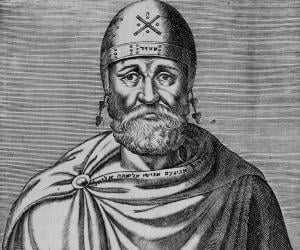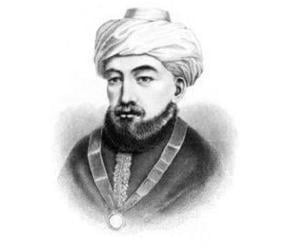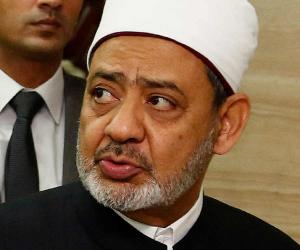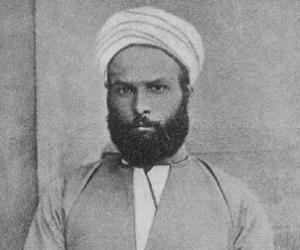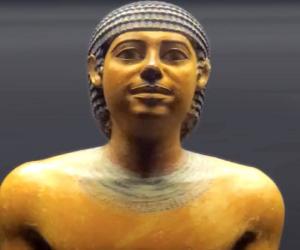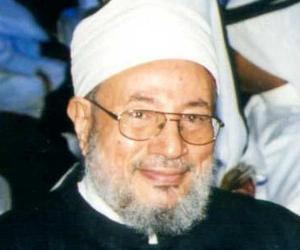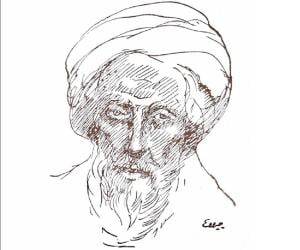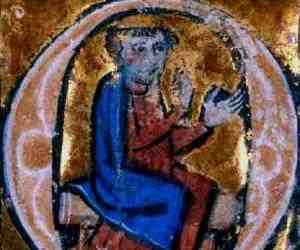1
Hypatia
(Mathematician, Astronomer and Philosopher)
Birthdate: 0350 AD
Birthplace: Alexandria, Egypt
Died: February 29, 0415
Hypatia was a Neoplatonist philosopher, astronomer, and mathematician based in Alexandria, Egypt, during the Eastern Roman Empire. She was a renowned teacher of philosophy and astronomy, known for her commentary on mathematical works by Diophantus and Apollonius of Perga. Hypatia was also believed to have edited Ptolemy's Almagest. She constructed astrolabes and hydrometers and taught many Christian students. Hypatia's murder by a Christian mob transformed her into a symbol of martyrdom for philosophy, inspiring opposition to Christianity and becoming an icon for women's rights.

